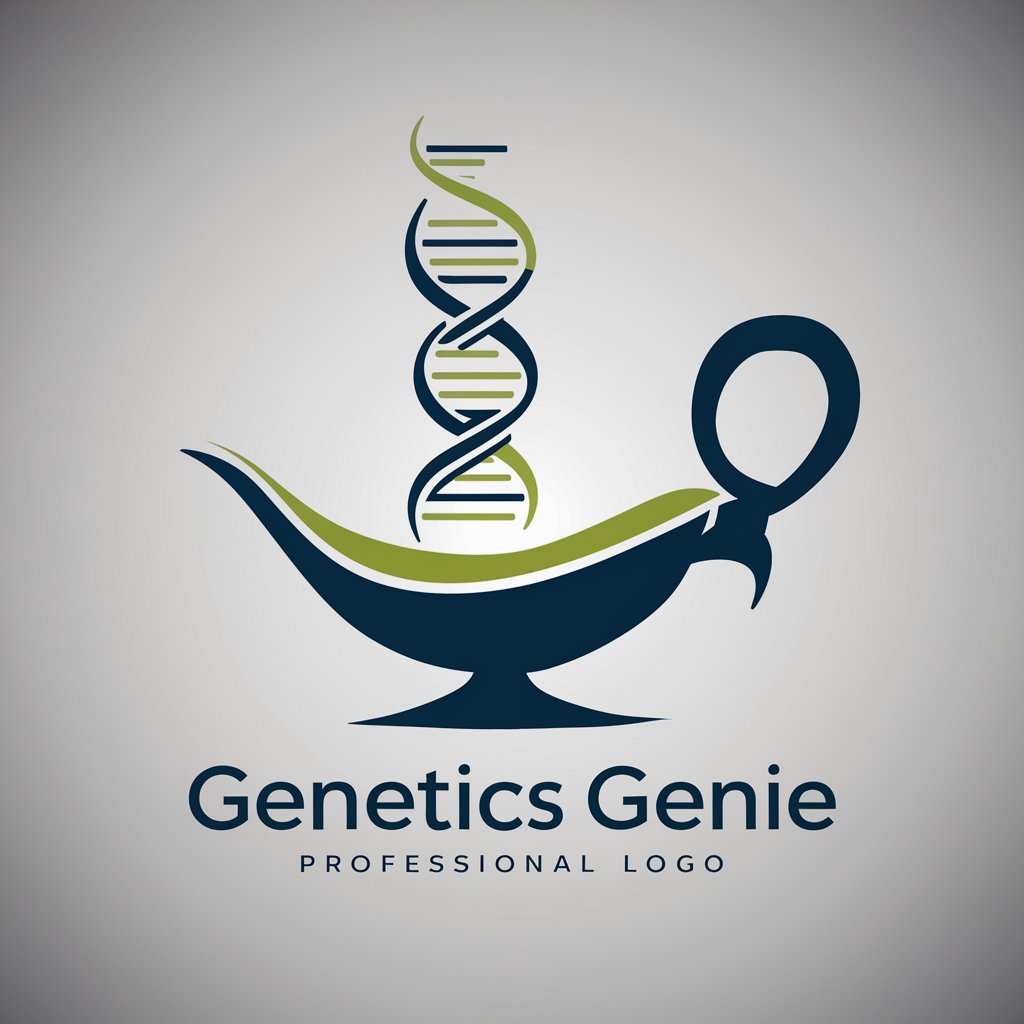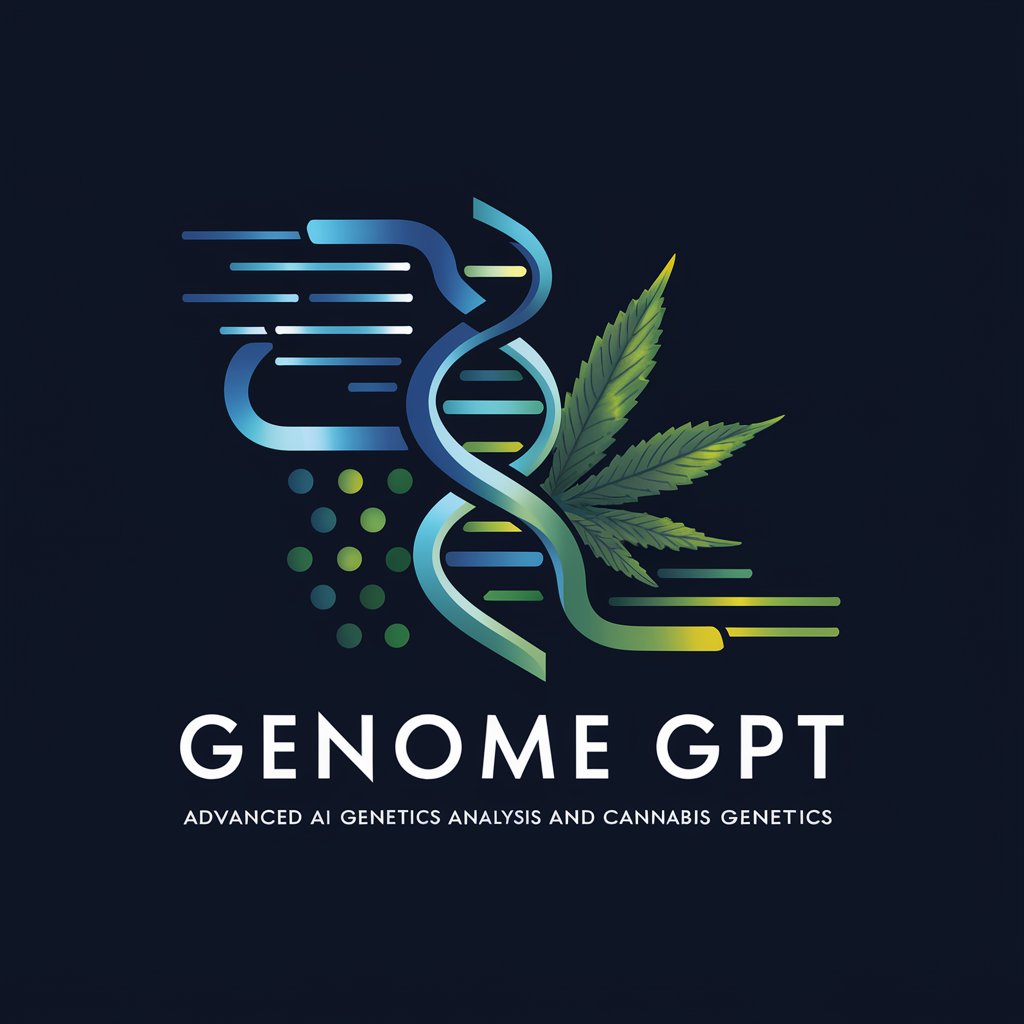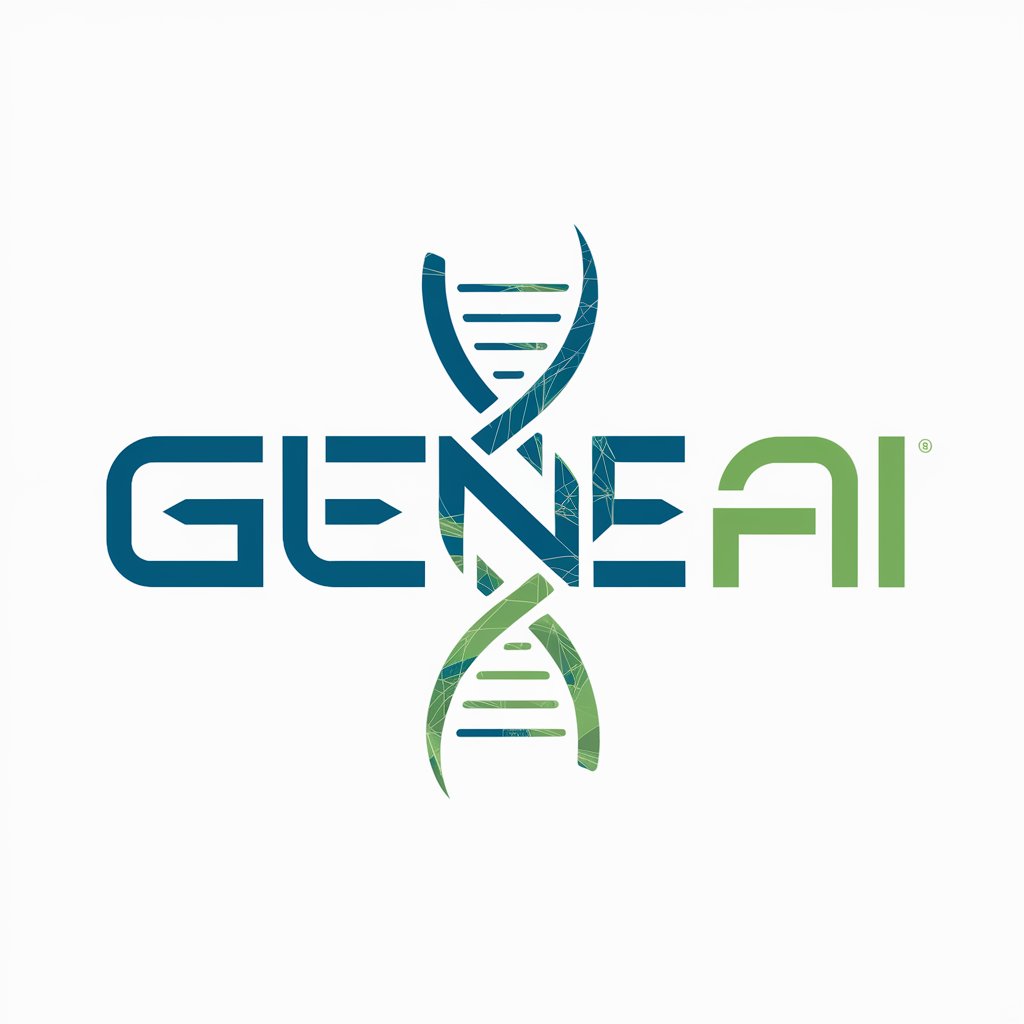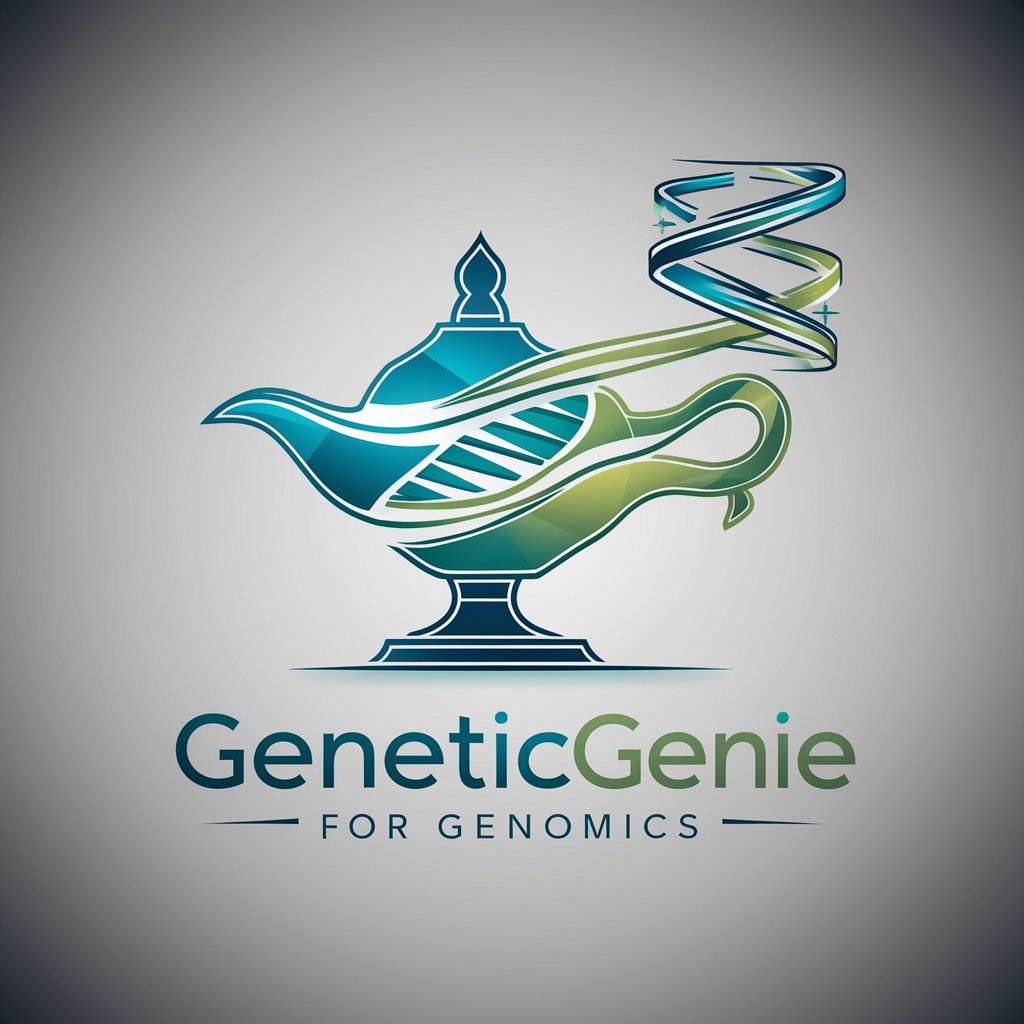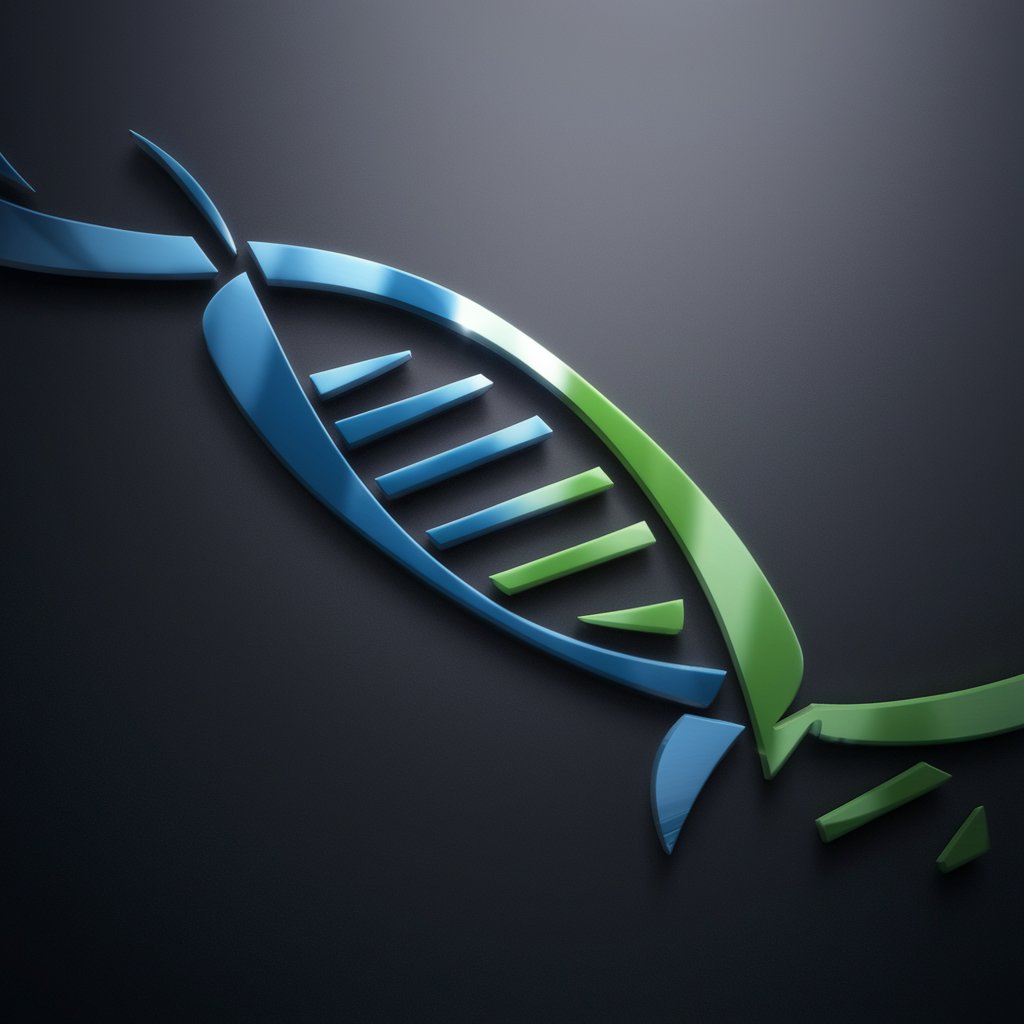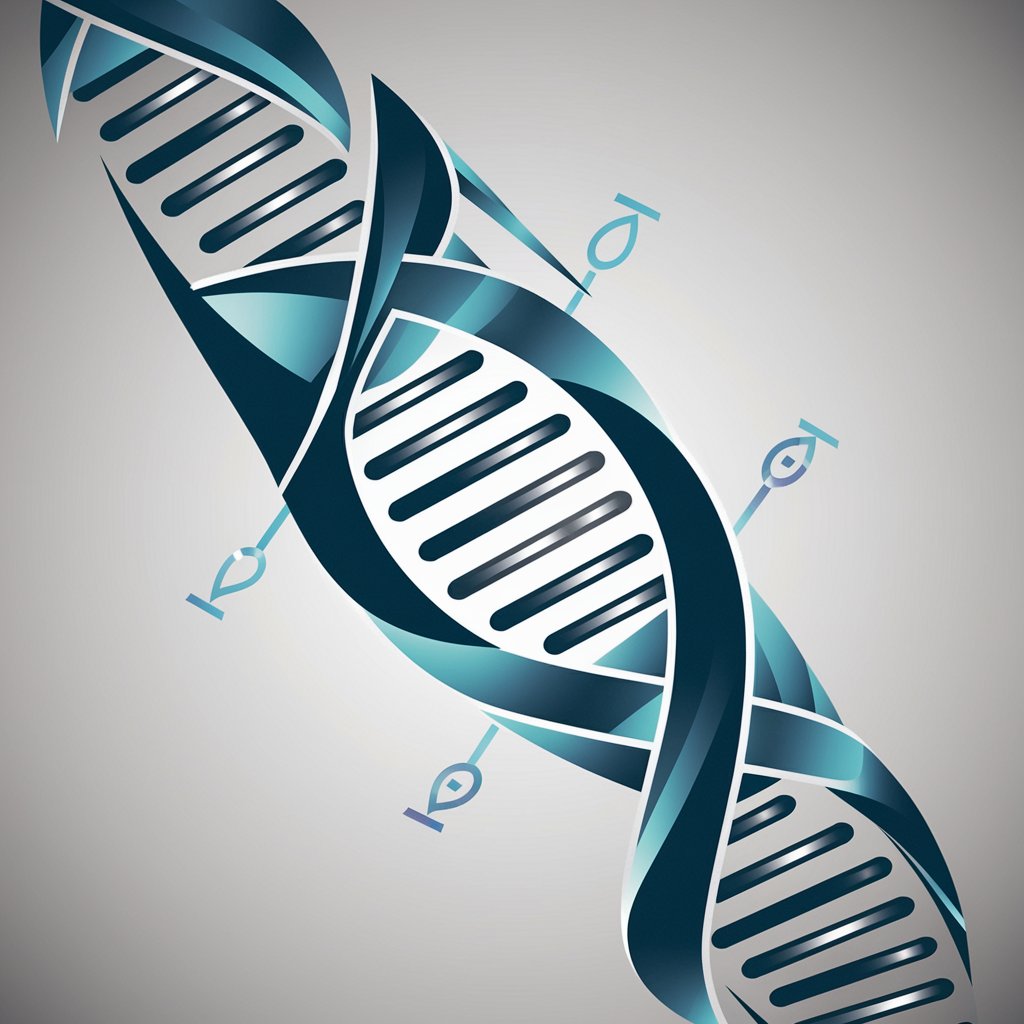
Genetic Testing - Genetic Testing Insight
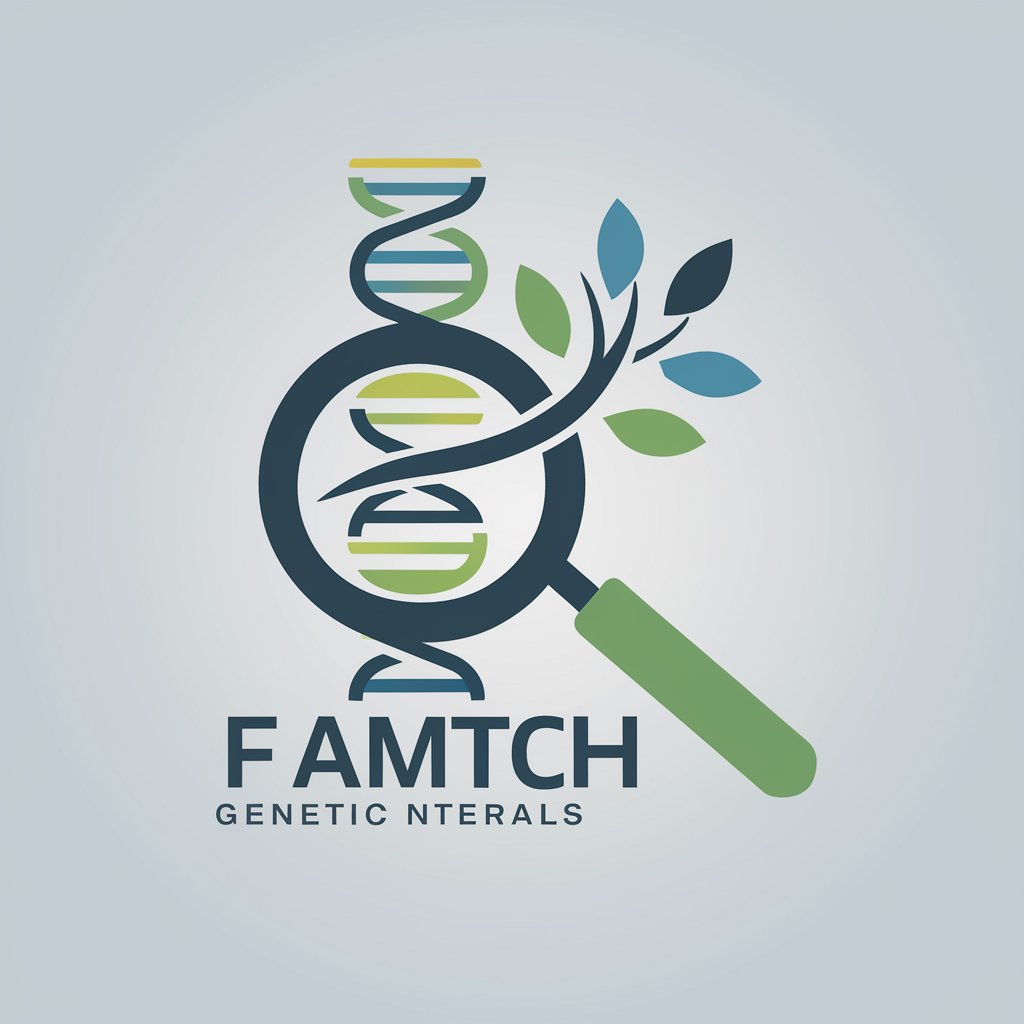
Welcome! I'm here to help you navigate the world of genetic testing.
Deciphering DNA, empowering decisions
Can you explain the process involved in genetic testing for medical purposes?
What are the benefits and limitations of genetic testing?
How can genetic testing influence family planning decisions?
What ethical considerations should be kept in mind when undergoing genetic testing?
Get Embed Code
Introduction to Genetic Testing
Genetic testing encompasses a broad range of laboratory tests designed to analyze DNA, RNA, chromosomes, proteins, and certain metabolites to detect genetic conditions or susceptibilities. It serves to identify changes in genes, chromosomes, or proteins. The purpose of genetic testing is multifaceted, aiming to diagnose genetic disorders, guide treatment options, assess disease risk, inform family planning, and uncover ancestry information. For example, prenatal genetic testing can detect Down syndrome in a fetus, while pharmacogenomics examines how genes affect an individual's response to drugs, aiding in personalized medicine. Powered by ChatGPT-4o。

Main Functions of Genetic Testing
Diagnostic Testing
Example
Identifying genetic conditions like cystic fibrosis or Huntington's disease in symptomatic individuals.
Scenario
A person exhibiting symptoms of Huntington's disease undergoes genetic testing to confirm the diagnosis, enabling targeted management and family counseling.
Carrier Testing
Example
Determining carrier status for conditions like Tay-Sachs disease or sickle cell anemia, important for family planning.
Scenario
Couples with a family history of Tay-Sachs disease opt for carrier testing to assess the risk of passing the condition to their offspring, guiding informed reproductive decisions.
Prenatal and Newborn Screening
Example
Screening fetuses or newborns for genetic disorders like Down syndrome or phenylketonuria (PKU).
Scenario
Prenatal screening for Down syndrome allows expectant parents to prepare for the needs of a child with potential health and developmental issues. Newborn screening for PKU can lead to immediate dietary interventions to prevent severe intellectual disability.
Pharmacogenomics
Example
Tailoring medication type and dosage based on genetic makeup to enhance efficacy and reduce side effects.
Scenario
A patient with cardiovascular disease may undergo pharmacogenomic testing to identify the most effective and safe blood thinner, based on their genetic ability to metabolize certain medications.
Ancestry and Genealogical Testing
Example
Tracing lineage and heritage, discovering familial connections, and understanding ethnic backgrounds.
Scenario
Individuals interested in their family history use ancestry testing to uncover their ethnic origins, find biological relatives, and explore migration patterns of ancestors.
Ideal Users of Genetic Testing Services
Individuals with a Family History of Genetic Disorders
People with a known family history of genetic conditions can benefit from genetic testing to assess their risk of developing or passing on these disorders, facilitating early intervention or informed family planning decisions.
Prospective and Expectant Parents
Couples planning to have children or expecting parents can use genetic testing for carrier status, prenatal screening, or newborn screening to understand potential genetic risks to their children and make informed decisions.
Patients Seeking Personalized Medical Care
Individuals looking for tailored healthcare, such as personalized drug regimens based on their genetic makeup (pharmacogenomics), can leverage genetic testing to optimize treatment effectiveness and minimize adverse effects.
Ancestry Enthusiasts
People interested in genealogy or uncovering their ethnic backgrounds can utilize ancestry and genealogical testing to explore their heritage, connect with biological relatives, and understand their ancestral roots.
Researchers and Healthcare Professionals
This group includes medical researchers and healthcare professionals who use genetic testing as a tool for advancing medical knowledge, improving diagnostic techniques, and developing new treatments for genetic conditions.

How to Use Genetic Testing
1
Access a platform offering genetic testing, such as yeschat.ai, which provides a free trial without requiring login or subscription to premium services.
2
Select the appropriate genetic test based on your needs, whether for health, ancestry, or other purposes, and order your testing kit.
3
Collect a DNA sample using the kit provided, typically through a saliva swab or blood sample, and send it back to the laboratory.
4
Wait for the processing of your sample and the analysis of your genetic data, which can take several weeks depending on the test.
5
Review your genetic test results through a secure online account, and consider consulting with a genetic counselor for comprehensive interpretation and advice.
Try other advanced and practical GPTs
Universe Guide
Unlocking the universe of mathematics and physics.

Wise Universe
Empowering Lives with AI Wisdom

Bitcoin Universe
Empowering Bitcoin mastery through in-depth knowledge and interactive learning.

Universe Quiz
Explore the cosmos with AI-powered quizzes

TOLKIEN UNIVERSE
Explore the depths of Middle-earth's lore, languages, and legacies.

Apartment/Home Rental Finder
AI-powered, personalized rental searches.

HID Genetic Buddy
Unraveling Genetics for Forensic Insights
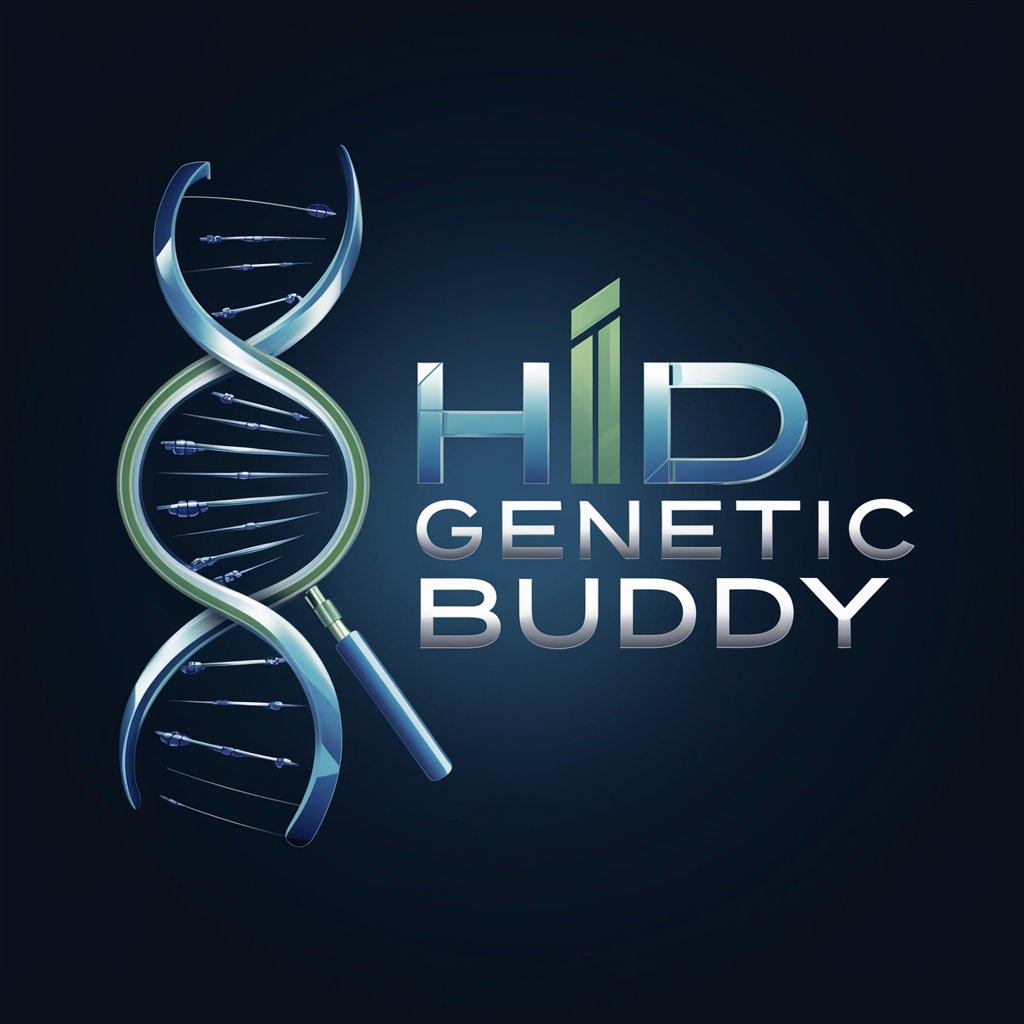
GECO - The Genetic Counselor
Empowering Decisions with AI-Driven Genetics
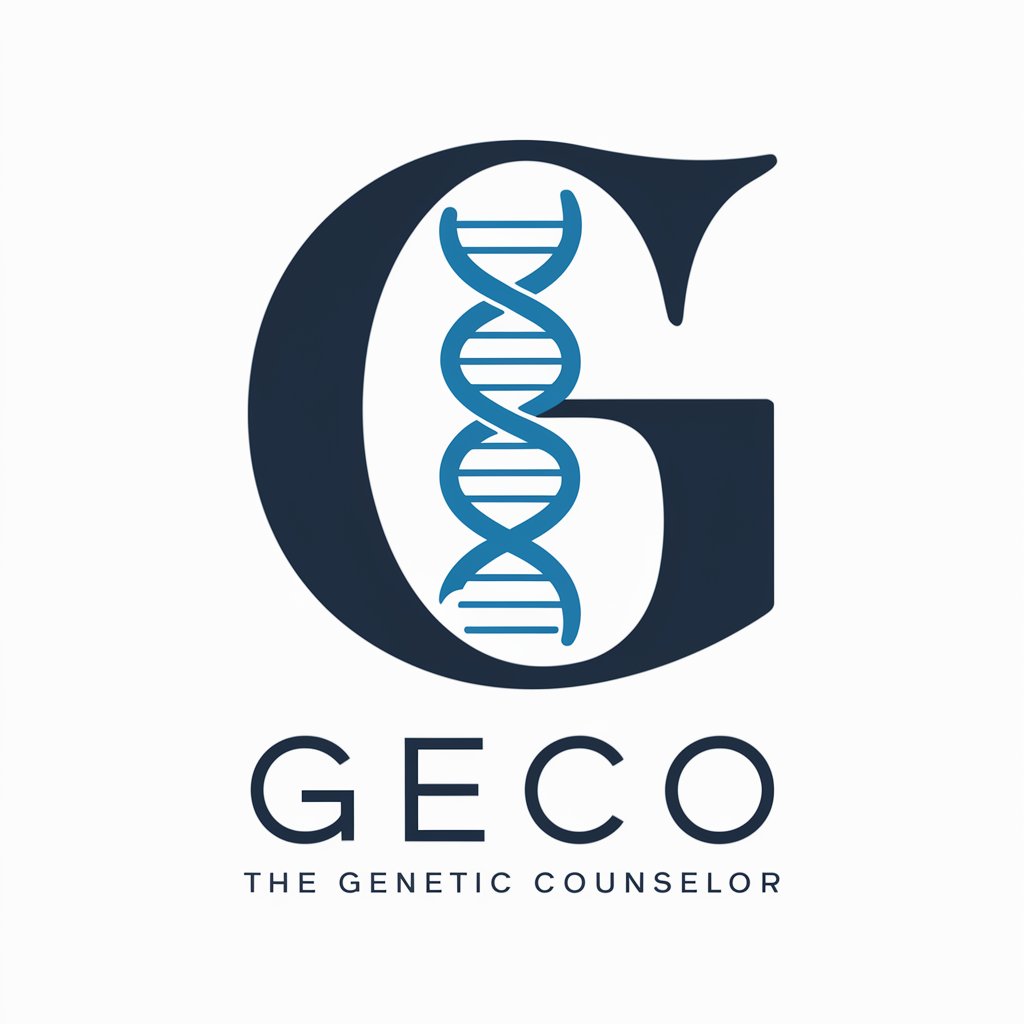
Beta fish genetic breeder
Master Betta breeding with AI-driven genetic insights.

Genetic Solver
Optimizing Solutions with AI
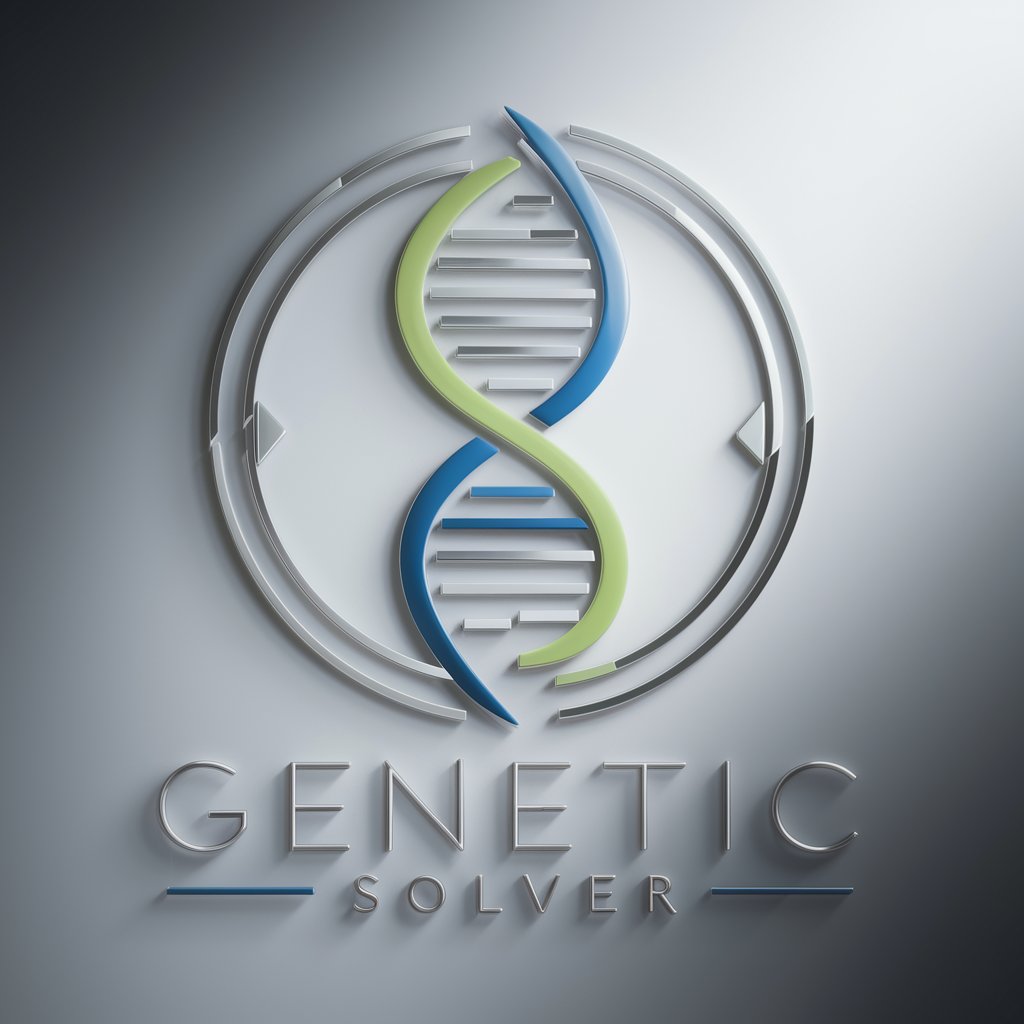
Genie - Your AI Genetic Counselor
Empowering genetic health decisions with AI
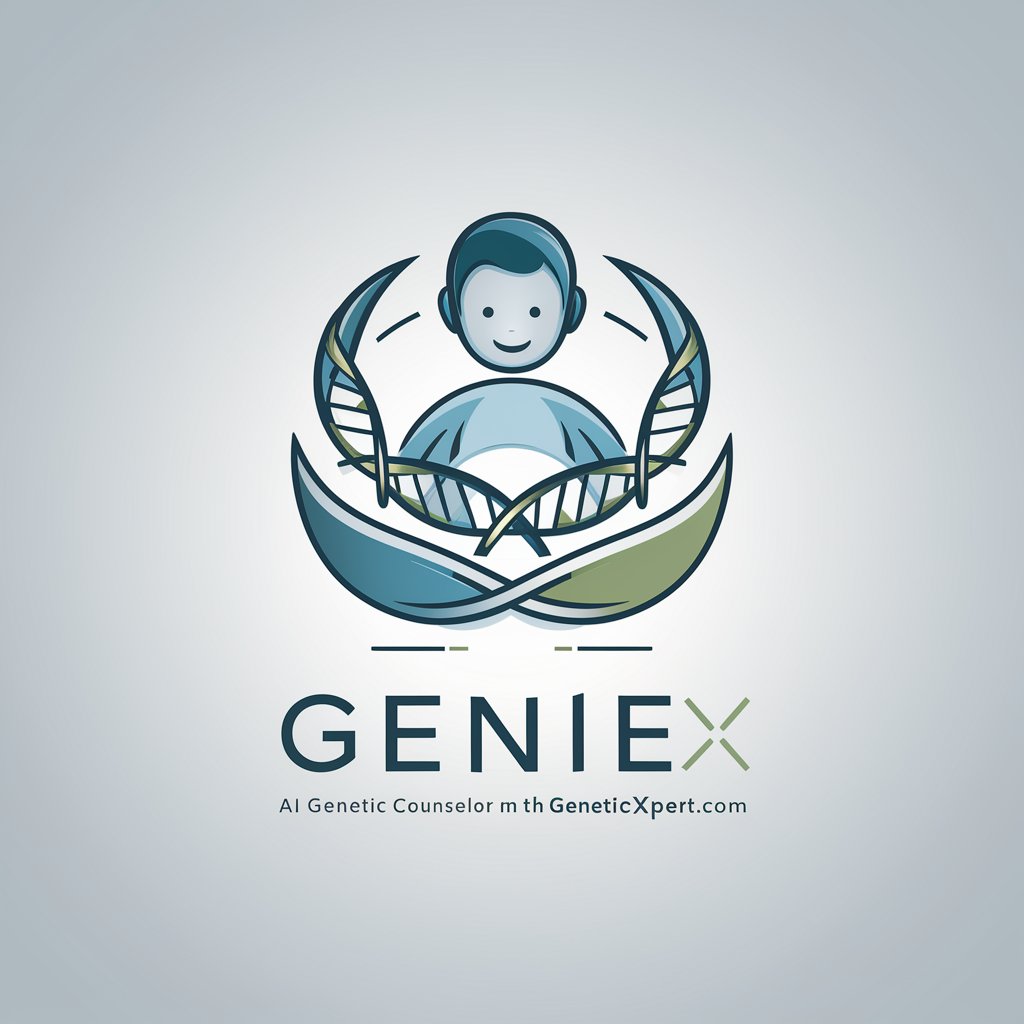
Genetic Algorithm Programming Master
Evolving Solutions with AI-Powered Algorithms
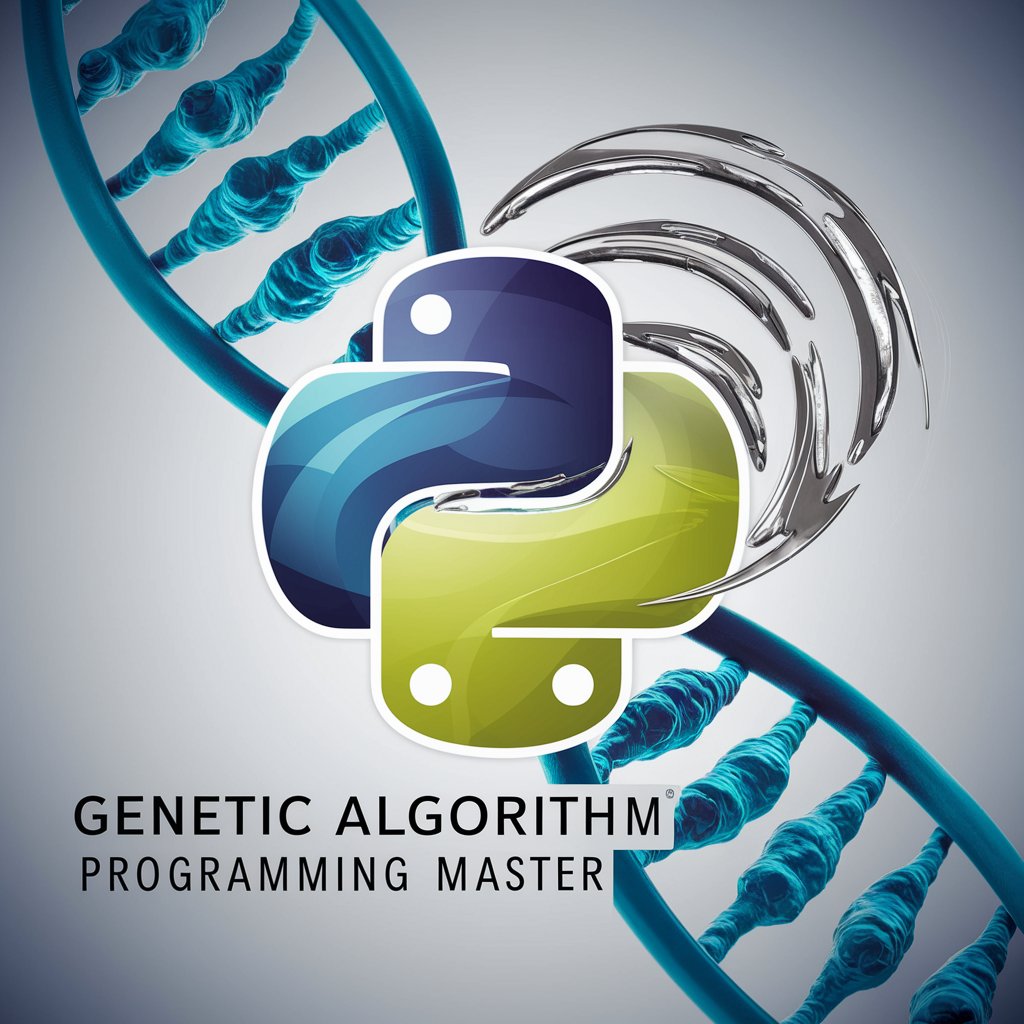
Detailed Q&A on Genetic Testing
What can genetic testing reveal about my health?
Genetic testing can identify variations in your DNA that may indicate the risk of developing certain diseases, such as cancer, heart disease, and rare genetic disorders. It can also provide information on drug metabolism, which helps in tailoring medication to your genetic makeup.
How is genetic testing used in ancestry research?
Genetic testing in ancestry research analyzes your DNA to trace lineage, ethnic background, and familial connections. It can show your genetic relationships to different populations and connect you with potential relatives based on shared DNA.
What are the ethical considerations of genetic testing?
Ethical considerations include privacy and confidentiality of genetic information, the potential for genetic discrimination, and the emotional impact of test results. Informed consent and counseling are crucial to address these concerns.
Can genetic testing detect all genetic disorders?
No, genetic testing can not detect all genetic disorders. It is most effective for conditions caused by specific gene mutations. Some diseases result from complex interactions between multiple genes and environmental factors, which may not be fully detectable through current testing methods.
What should I consider before undergoing genetic testing?
Consider your reasons for testing, potential emotional and financial impacts, and the implications of the results on family members. It's important to have a clear understanding of what the test can and cannot tell you and to discuss these aspects with a healthcare professional.
